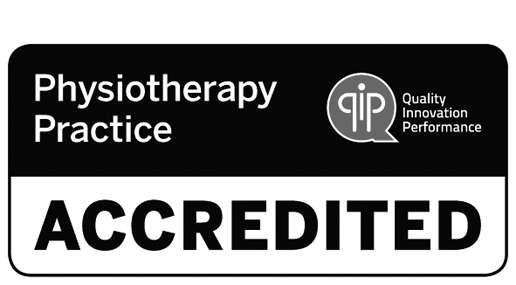
The Emotional Burden of Prostate Cancer
We would like to acknowledge that when we use the term men throughout this article, we are referring to people who were born with a prostate gland.
Prostate cancer is the most commonly diagnosed form of cancer in Australia. Receiving this diagnosis can be a difficult experience for men and their families. There is often emotional and psychological distress faced throughout the cancer journey.
Over 80% of those with prostate cancer feel that their sexuality, psychological and health needs are not met, especially when first diagnosed with prostate cancer and this can last for many years afterwards.
Almost one third of men with prostate cancer will experience a form of psychological distress. Compared to the general population, men with prostate cancer are:
- Twice as likely to experience depression
- Three times more likely to experience anxiety
- More at risk of suicide, particularly in the first year of diagnosis
How Surgery Contributes to the Emotional Burden
The primary treatment for prostate cancer is a radical prostatectomy (surgical removal of the prostate gland). It is well known that urinary incontinence and erectile dysfunction are common and unfortunate side effects of this surgery. These side effects can add to the psychological distress and negatively impact quality of life in the short and long term. Read about Incontinence after prostate Cancer Surgery: New Research & Greg's Story
Those who experience urinary incontinence report:
- Anxiety, fear and embarrassment
- A loss of sense of control
- Depression and low mood
- Decreased social interactions, exercise engagement and reduced quality of life
Those who experience erectile dysfunction report:
- Anxiety, loss and grief and not knowing where to turn for help
- An effect on their sexuality and masculinity
- Relationship issues and reluctance to discuss their thoughts and worries with their partner
There are Many People Who Can Help
Professor Suzanne Chambers (AO) has been working in Psycho-oncology for over 30 years and believes that all health professionals are able to provide excellent and effective psychological care through a person-centred approach.
Any member of the health care team can provide emotional support through tailored management based on individual needs. This can be a Urologist, Urology Nurse, General Practitioner, Oncologist, Pelvic Health Physiotherapist or Exercise Physiologist. It is important to ask all members of the team as many questions (even the uncomfortable ones) as needed. It can often be helpful to write down these questions and take them to appointments.
The Prostate Cancer Foundation of Australia has developed a Prostate Cancer Distress Screen which helps to identify the main concerns and level of psychological distress. All health professionals have access to this questionnaire. It can be a useful way to start a conversation about concerns that might be difficult to raise.
This questionnaire is ideally used at different times as concerns or distress can change over the cancer journey. For example, there may be anxiety about understanding diagnosis and treatment options when first diagnosed with prostate cancer. Post operatively, fear of leaking urine can lead to withdrawal from every day activities such as golf, returning to the gym or socialising with friends.
How can A Pelvic Health Physiotherapist help?
A Pelvic Health Physiotherapist is well placed to assist physical and psychological symptoms after surgery. A Physiotherapy program aims to improve physical function, urinary leakage, erectile function, exercise participation, quality of life and emotional wellbeing.
This is done by:
- Building a trusting relationship
- Setting and reviewing meaningful pelvic health goals
- Shared decision making and development of a collaborative plan
- Pelvic floor muscle assessment and training
- Education regarding treatment, outcomes and expectations following surgery
- Distress screening (including the Prostate Cancer Distress Screen) as well as other psychosocial questionnaires.
- Stress management and coping strategies:
- Cardiovascular exercise
- Relaxation strategies
- Mindfulness
One of our Physiotherapists, Melissa Martin recently completed a program facilitated by Associate Professor Chambers. The program provides all health professionals with the knowledge, skills and tools to provide effective psychological care to people with prostate cancer. Melissa’s experience of the program confirmed that WMHP Physiotherapists already provide positive support in this area, and the knowledge she shared has further enhanced our psychologically informed care.
For anyone experiencing emotional concerns, we encourage them to talk to their health care team to identify and explore issues and provide support and guidance.
December 2023




